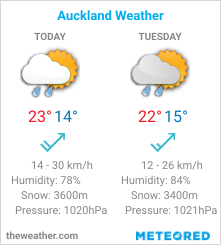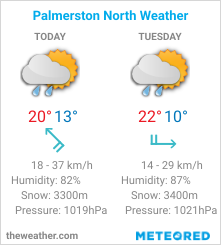While no decision has yet been taken about whether HMS Albion and HMS Bulwark are to be mothballed, Forces News takes a look at what this could mean - and why if this does happen there would probably be a considerable reduction in capability.
HMS Albion and HMS Bulwark are the Royal Navy's Landing Platform Docks, designed to deliver the punch of the mighty Royal Marines to land by sea or by air.
Mothballing the Albion-class vessels would certainly raise some eyebrows in terms of what this would mean for the Royal Marines - and would likely place the Littoral Response Group (LRG) deployments that the Navy has been championing for the past three years in jeopardy.
The two ships, which are 176 metres long, can carry four big landing craft (Landing Craft Utility - LCU) inside their floodable well docks, plus four smaller landing craft hanging from the sides (Landing Craft Vehicle Personnel - LCVP) - crucial to commando operations.
The Royal Fleet Auxiliary does offer some similar capabilities and with both Albion and Bulwark currently out of action, the RFA's Bay-class Landing Ship Dock (Auxiliary) (LSD (A)) are supporting the deployment and training of Royal Marines.

Bay-class vessels such as RFA Lyme Bay can carry one LCU inside and one or two LCVP on the deck, but these have to be craned on board, making the process much slower.
RFA vessels cannot defend themselves as well, so this is where ships like Albion and Bulwark can make a difference.
Marines have been increasingly doing more with the RFA after Bulwark was not ready on time to take over from HMS Albion as she ended her term as the UK's amphibious flagship.
There have been few updates on Bulwark's return to operations, but the ship did share on social media at the start of December that she had undergone a "partial flood-up", describing it as a "major milestone" in the regeneration programme.
Royal Navy sources say many personnel understand HMS Albion, HMS Bulwark and HMS Westminster, a frigate reportedly facing decommissioning, will never come out of Devonport or go on operations again.
What's been said about HMS Albion and HMS Bulwark?
The Times had previously claimed Albion and Bulwark would be mothballed under Government plans to make up for a shortage of sailors.
But defence minister James Cartlidge, speaking in the Commons, assured MPs no final decision had been made.
And an MOD spokesperson told Forces News: "The Royal Marines Commando Force are highly trained and highly skilled and ready to be deployed globally.
"The landing platform ships continue to be part of the Navy's fleet and they have further amphibious capability through Bay-class ships.
"The operational requirements of the Royal Navy are kept under constant review and the Ministry of Defence is committed to ensuring the Navy has the capabilities it needs to meet current and future operational requirements."

What next for the Marines?
While the prospect of the amphibious assault ships being put into extended readiness would be a blow, it wouldn't be the beginning of the end for the Royal Marines.
The world-renowned troops are very busy and are deployed on other Royal Navy vessels like Type 23 frigates, Type 45 destroyers and Offshore Patrol Vessels.
But putting Albion and Bulwark into extended readiness - two ships which were only commissioned in 2003 and 2005 respectively - would put the LRG deployments in jeopardy.
HMS Albion has spent recent years leading the Littoral Response Group (North), a force able to deploy across Europe and react to crises and world events.
"Littoral" refers to working in coastal regions, which is crucial in getting troops, resupplies and munitions from sea to shore.

The work can involve shoreline reconnaissance, inland reconnaissance, delivering lethal strike teams to land and securing an area for humanitarian missions. Operations can be highly dangerous.
The Littoral Response Group (South) is currently embarked in RFA Lyme Bay, tasked with moving aid into Gaza.
The Navy has been championing the LRG missions in recent years.
While RFA vessels could be set to continue supporting Royal Marines deployments, the UK is continuing to work with the Netherlands to develop the next generation of littoral strike platform, the UK Multi Role Support Ships (MRSS).
The vessels will be designed for marine landing forces and to operate in amphibious task groups.
The ships are expected to enter service in the 2030s.












No comments:
Post a Comment
How did you like the post, leave a comment. I would appreciate hearing from you all. Best wishes from JC's Naval, Maritime and Military News